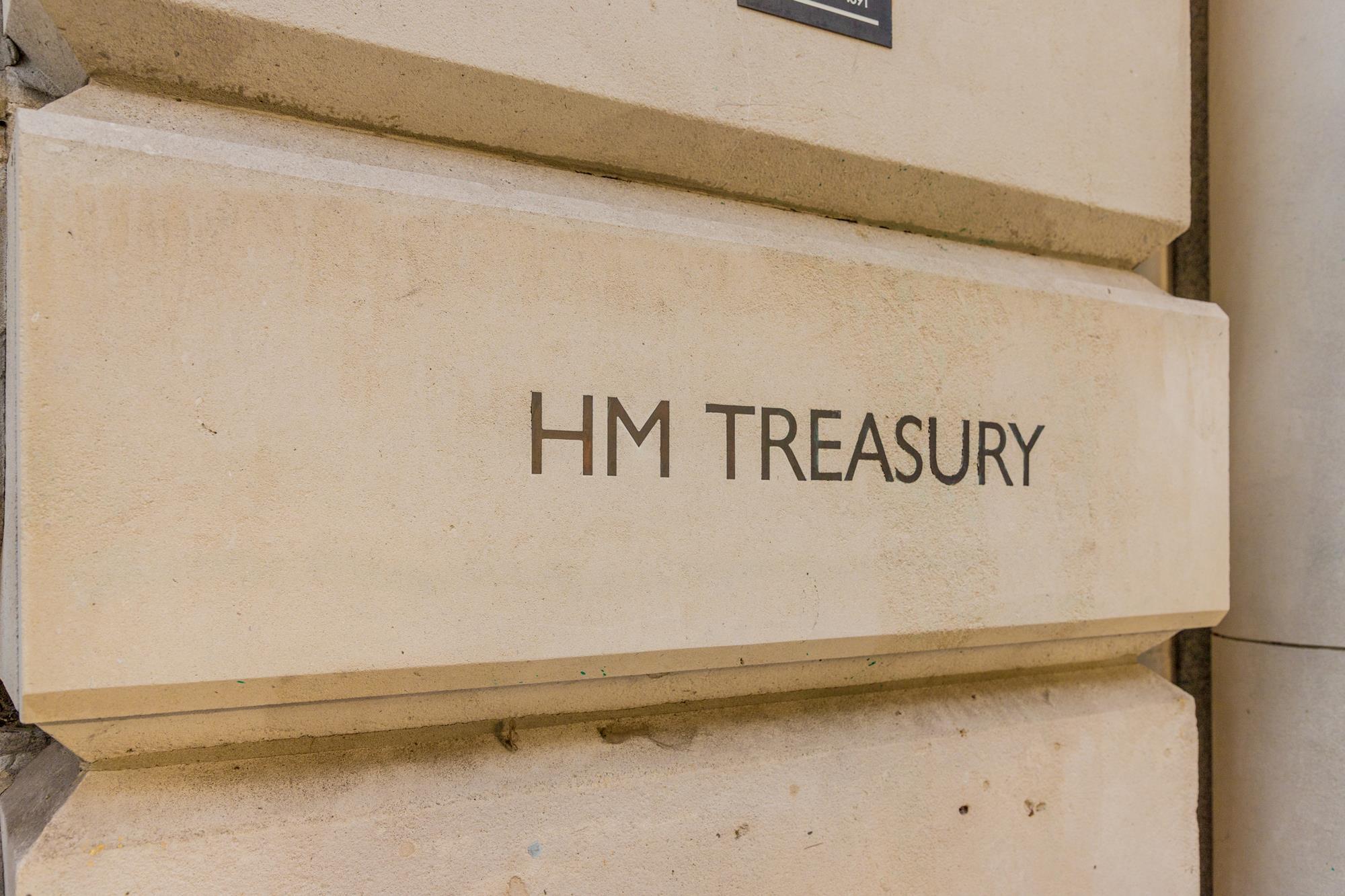
The Chancellor has used his Budget 2021 to set out a ‘path to recovery’ after the coronavirus pandemic.
The Budget sets out a three-point plan to ‘protect jobs and strengthen public finances’. Key points include:
- The new National Infrastructure Bank will provide investment worth at least £40 billion into public and private sector projects
- Companies investing in new plant and machinery assets over the next two years will be able to claim 130% super-deduction capital allowance, and the Ministry of Housing, Communities and Local Government (MHCLG) has been allocated £10 million to launch a Modern Methods of Construction (MMC) taskforce
- The incentive payment for hiring a new apprentice increased to £3,000 and has been extended until September 2021, alongside the introduction of a more flexible way of employing apprentices
- There will be new funding for SMEs to develop their digital and management capabilities through a ‘Help to Grow‘ training programme, which will include a 50% discount worth up to £5,000 on certain types of digital software
- Construction will no longer benefit from the rebate on red diesel from April 2022
- The Job Retention Scheme will be extended until the end of September 2021
- The Self Employment Income Support Scheme will be expanded to include those who filed a tax return in 2019-20 and will continue with a fourth and fifth grant
- A new Recovery Loan Scheme will be launched on 6 April 2021, replacing the existing loan schemes when they close on 31 March 2021. The new scheme will offer Government-guaranteed loans of up to £10 million per business
- Corporation tax will be increased from 19% to 25% from April 2023 for businesses whose profits are greater than £250,000
- The stamp duty holiday will be extended until 30 June 2021
- The minimum wage will increase to £8.91 an hour from 1 April 2021.